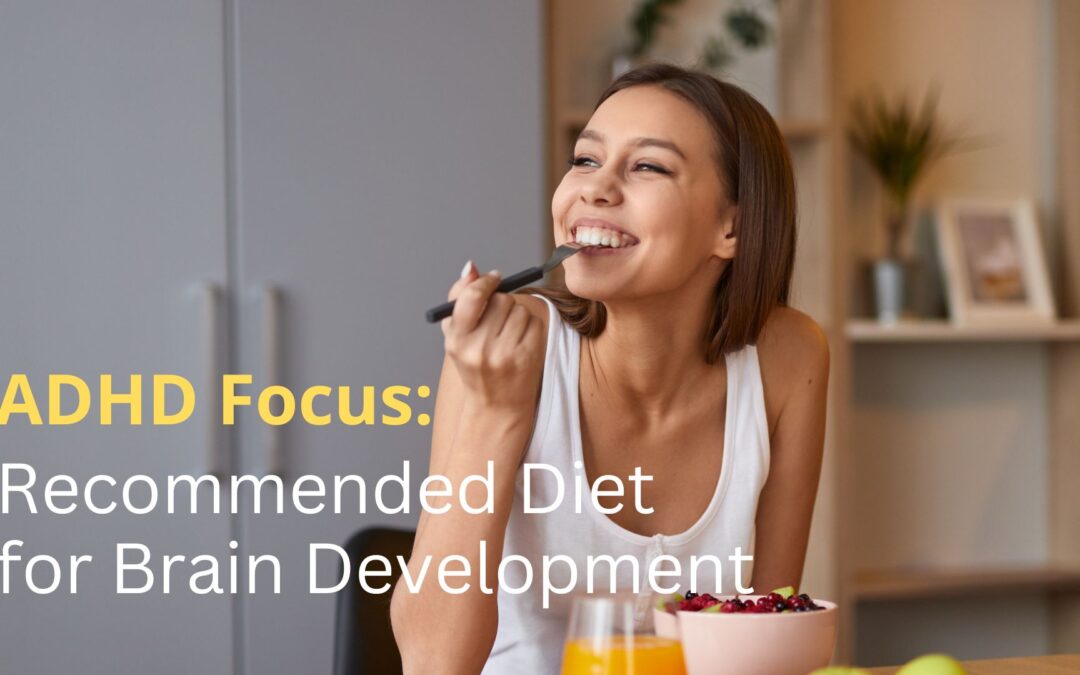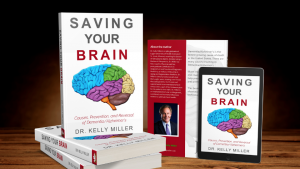Good Nutriton for Brain Development
Parenting a child or teenager with ADHD (Attention-Deficit/Hyperactivity Disorder) can come with its unique challenges. One aspect that can significantly impact your child’s well-being and their ability to manage ADHD symptoms is their diet. Research has shown that certain foods and dietary choices can influence brain development and cognitive function, making it essential for parents to understand how to support their child’s needs through nutrition. In this article, we’ll explore the power of a healthy diet for ADHD children and teens and offer practical dietary tips to enhance brain development.
The Role of Nutrition in Brain Development:
The brain is a highly active organ, and its development is heavily influenced by the nutrients it receives. For children and teens with ADHD, the right diet can help improve attention, memory, mood regulation, and overall cognitive function.
Key Nutrients for Brain Health:
-
Omega-3 Fatty Acids: Omega-3 fatty acids, found in fatty fish like salmon, walnuts, and flaxseeds, play a crucial role in brain development and function. They can help reduce ADHD symptoms and improve focus and attention.
-
Protein: Protein-rich foods like lean meats, poultry, beans, and tofu provide amino acids that are essential for neurotransmitter production. Adequate protein intake can support better focus and mood stability.
-
Complex Carbohydrates: Whole grains, fruits, and vegetables provide a steady supply of glucose to the brain. This steady energy source helps maintain attention and prevents blood sugar fluctuations.
-
Antioxidants: Foods rich in antioxidants, such as berries, spinach, and broccoli, can protect the brain from oxidative stress and inflammation, potentially reducing ADHD symptoms.

Practical Dietary Tips:
-
Balanced Meals: Ensure your child’s meals include a balance of protein, complex carbohydrates, and healthy fats. A balanced diet helps stabilize blood sugar levels and provides sustained energy throughout the day.
-
Fatty Fish: Incorporate fatty fish like salmon, mackerel, and sardines into your child’s diet at least twice a week. If your child is not a fan of fish, consider omega-3 supplements (under the guidance of a healthcare professional).
-
Limit Sugar and Processed Foods: Excess sugar and processed foods can lead to energy spikes and crashes, affecting attention and behavior. Reduce sugary snacks, sodas, and processed foods in your child’s diet.
-
Whole Foods: Choose whole, unprocessed foods over processed ones. Whole grains, fresh fruits, and vegetables provide essential nutrients and fiber, promoting better digestion and overall health.
-
Hydration: Ensure your child stays well-hydrated throughout the day. Dehydration can impair cognitive function and attention.
-
Regular Meals and Snacks: Encourage regular meal and snack times to maintain stable blood sugar levels. Hungry children often struggle with focus and mood regulation.
-
Colorful Plate: Encourage a variety of colorful fruits and vegetables on your child’s plate. The different colors represent various nutrients that support brain health.
-
Taking Supplements Consider consulting with our Saving Your Brain brain coach who specializes in ADHD to create a personalized diet plan tailored to your child’s specific needs.
A healthy diet for ADHD children and teens can be a powerful tool for enhancing brain development and managing symptoms. While nutrition alone may not be a complete solution, it can significantly complement other ADHD management strategies. By making thoughtful dietary choices and providing a balanced and nutritious menu for your child, you can help them thrive, both academically and socially, while promoting healthy brain development.
Most importantly, book an appointment with our brain coach to assess your child or teens’ base line is. This will give us an accurate meansurement and picture of the ADHD condition by reviewing his QEEG test results and depending upon the severity, we can look at ways to improve his/her focus, anxiety level, balance, cognitive function, and more while creating a succesful diet plan and exercise program as your child or teen develops.


